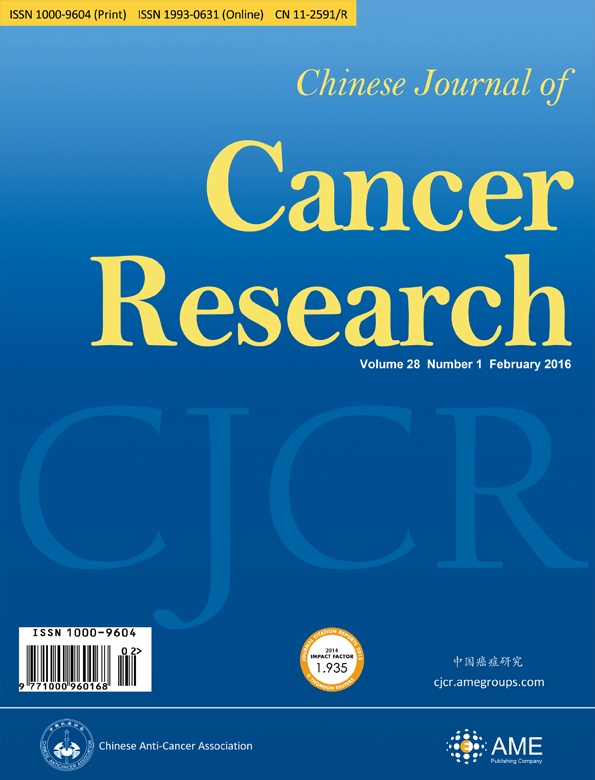贝伐单抗治疗癌症潜在益处的生物标志物更新:我们取得进展了吗?
IF 7
2区 医学
Q1 ONCOLOGY
引用次数: 8
摘要
贝伐单抗(BEV)作为第一种抗血管内皮生长因子(VEGF)的单克隆抗体,是癌症中一种有争议的抗血管生成疗法。BEV对无进展生存期(PFS)改善的最初兴奋因缺乏总生存期(OS)益处和严重不良反应而减弱。缺少目标人群促使我们确定BEV疗效的预测生物标志物。在这篇综述中,我们专注于癌症的研究,并提供了BEV疗效的临床、放射学、分子和基因图谱标志物的最新研究,包括评估BEV疗效和综合生物标志物分析的随机III期临床试验的新结果。目前的证据表明,遗传变异、分子成像、VEGF通路因子或相关因子在外周血和基因图谱中具有一定的预测价值。目前的挑战是验证这些潜在的生物标志物并将其应用于临床实践。本文章由计算机程序翻译,如有差异,请以英文原文为准。
An update on biomarkers of potential benefit with bevacizumab for breast cancer treatment: Do we make progress?
As the first monoclonal antibody against vascular endothelial growth factor (VEGF), bevacizumab (BEV) is a definitely controversial antiangiogenic therapy in breast cancer. The initial excitement over improvements in progression-free survival (PFS) with BEV was tempered by an absence of overall survival (OS) benefit and serious adverse effects. Missing targeted population urged us to identify the predictive biomarkers for BEV efficacy. In this review we focus on the research in breast cancer and provide recent investigations on clinical, radiological, molecular and gene profiling markers of BEV efficacy, including the new results from randomized phase III clinical trials evaluating the efficacy of BEV in combination with comprehensive biomarker analyses. Current evidences indicate some predictive values for genetic variants, molecular imaging, VEGF pathway factors or associated factors in peripheral blood and gene profiling. The current challenge is to validate those potential biomarkers and implement them into clinical practice.
求助全文
通过发布文献求助,成功后即可免费获取论文全文。
去求助
来源期刊
自引率
9.80%
发文量
1726
审稿时长
4.5 months
期刊介绍:
Chinese Journal of Cancer Research (CJCR; Print ISSN: 1000-9604; Online ISSN:1993-0631) is published by AME Publishing Company in association with Chinese Anti-Cancer Association.It was launched in March 1995 as a quarterly publication and is now published bi-monthly since February 2013.
CJCR is published bi-monthly in English, and is an international journal devoted to the life sciences and medical sciences. It publishes peer-reviewed original articles of basic investigations and clinical observations, reviews and brief communications providing a forum for the recent experimental and clinical advances in cancer research. This journal is indexed in Science Citation Index Expanded (SCIE), PubMed/PubMed Central (PMC), Scopus, SciSearch, Chemistry Abstracts (CA), the Excerpta Medica/EMBASE, Chinainfo, CNKI, CSCI, etc.

 求助内容:
求助内容: 应助结果提醒方式:
应助结果提醒方式:


